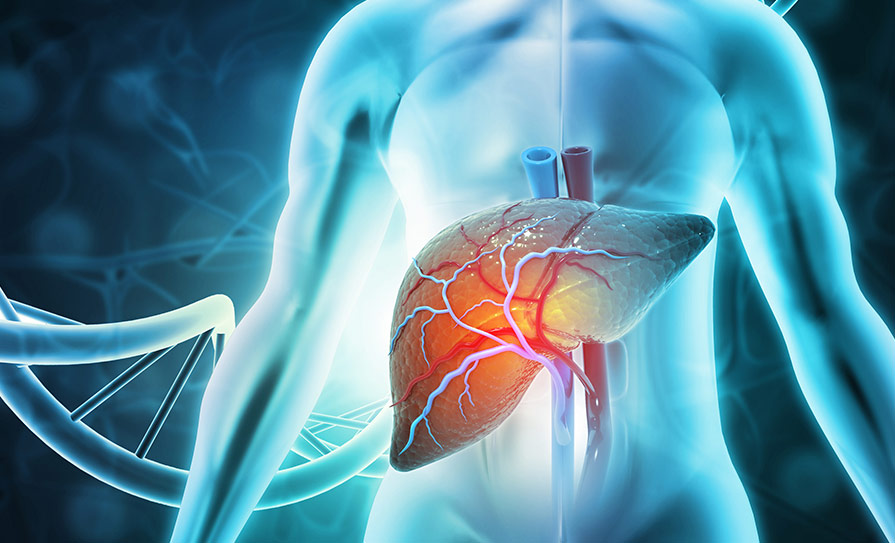The medical profession needs to change its approach to liver disease, to focus more on prevention and early diagnosis, delegates at the European Association for the Study of the Liver (EASL) Congress 2023 heard.
Some 8,000 scientists, doctors, public health officials, industry representatives and affected communities from around 120 countries attended this year’s EASL Congress, which reiterated the urgency to step up the pace of prevention efforts around liver disease in order to leverage the rapid advances in detection technologies taking place across the field of hepatology. There were calls to increase GP and community healthcare access to fibro scans in order to increase earlier detection of liver disease.
Each year, almost 300,000 people in Europe die prematurely due to problems of the liver.
Europe has the highest rates of alcohol consumption per person, the highest prevalence of heavy episodic drinking, and the lowest rates of abstention from alcohol in the world. Alcohol combines synergistically with obesity and other risk factors for liver disease to drive the current high rates of end-stage liver disease and liver cancer. Alcohol causes about 40 per cent of the 287,000 premature liver-related deaths in Europe every year, although the true number might be higher.
Non-alcoholic fatty liver disease, mainly driven by obesity and diabetes, is the fastest growing liver disease in Europe with one-in-three people now living with the condition and it is set to become the number one cause of liver cancer on the continent.
“We are at the crossroads of opportunity, but also the risk of failure,” said Prof Thomas Berg, Secretary-General of EASL and Head of the Department of Hepatology at the University Hospital in Leipzig, Germany. “Liver health is a window to the general health challenges of Europe in the 21st Century and common risk factors for liver disease reflect behaviours and conditions that are the consequence of both unhealthy environments and social inequities that straddle a wide range of associated medical conditions such as diabetes and cancer,” said Prof Berg.
“The medical profession needs to change its approach to liver disease: Instead of focusing on the management of end-stage complications, it needs to shift towards prevention, proactive case-finding with early identification of progressive liver fibrosis, early diagnosis and early treatment. Therapeutic nihilism for liver diseases belongs to the past.”
Meanwhile, staying on the theme of new hope for liver disease, the primary endpoint results of the MAESTRO-NASH study were unveiled at the Congress, offering promising insights into the treatment of patients with non-alcoholic steatohepatitis (NASH) and liver fibrosis. MAESTRO-NASH (NCT03900429) is an ongoing 54-month phase 3 clinical trial evaluating the effect of resmetirom, an oral thyroid hormone receptor-beta selective agonist, administered once daily at doses of 80mg or 100mg, compared to placebo in NASH patients with liver fibrosis.
An analysis of week 52 primary endpoints demonstrated that both resmetirom doses achieved NASH resolution and fibrosis reduction on liver biopsy, indicating substantial efficacy. Resmetirom treatment was generally well-tolerated, exhibiting a favourable safety profile. These results highlight the potential of resmetirom to offer significant benefits to patients with NASH and liver fibrosis.













Leave a Reply
You must be logged in to post a comment.